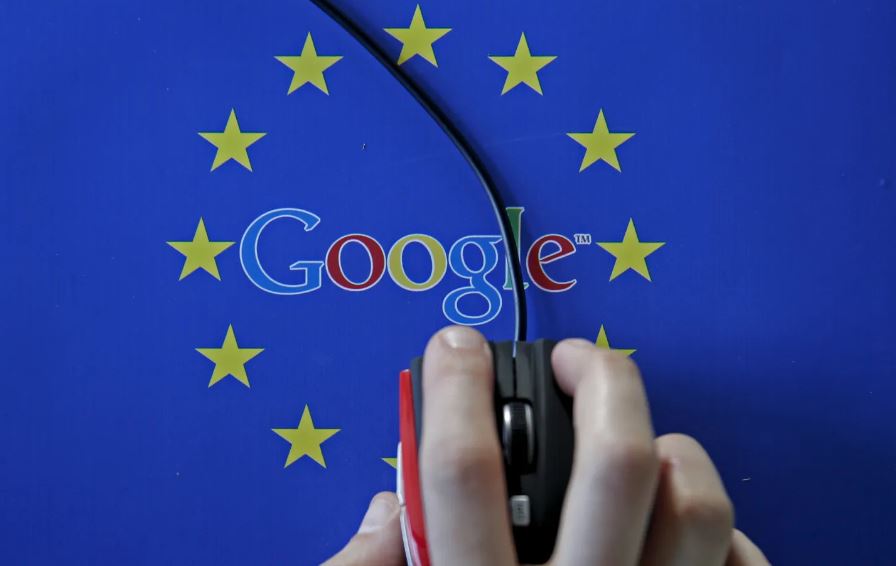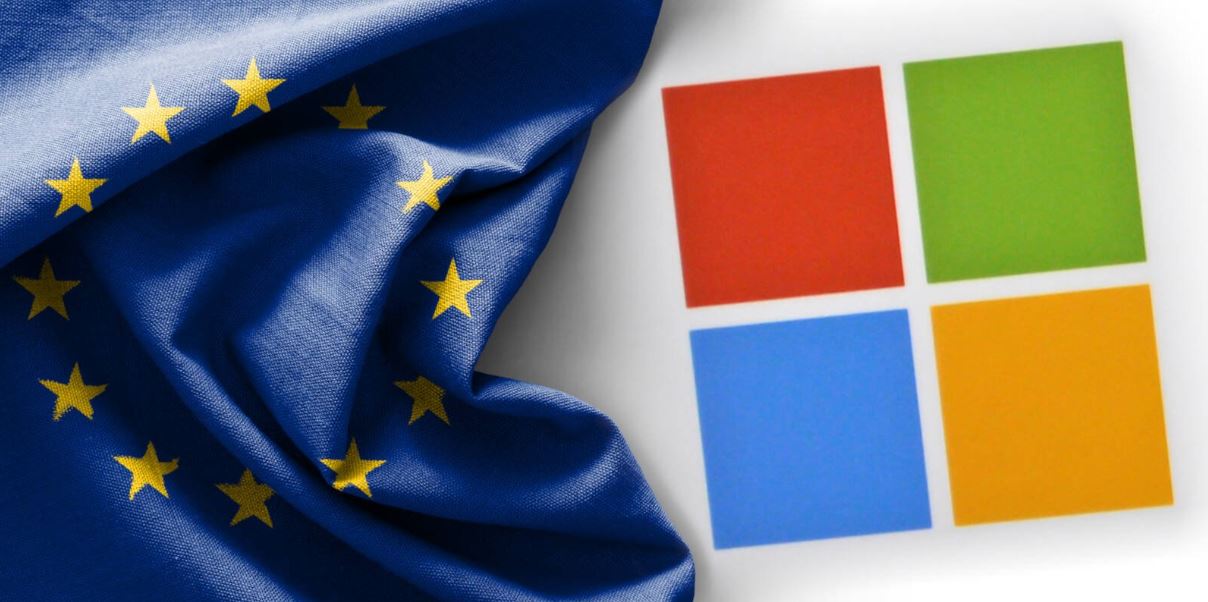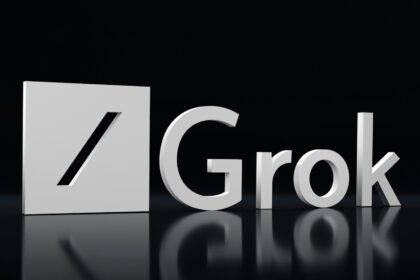The European Union is preparing an antitrust investigation against Microsoft. After months of deliberation, the European Commission has approved a formal process to analyze the partnership between Microsoft and OpenAI. The highest authority is considering investigating whether the agreement between the two companies harms competition.
Please follow us on Twitter and Facebook
According to a report from the Financial Times, the European Union remains firm in its intention to investigate Microsoft. Although the European Commission found no evidence that Microsoft controls OpenAI in its initial analysis, the regulator believes there might be something anti-competitive about the alliance.
“The key question was whether Microsoft had acquired lasting control over OpenAI,”
Said Competition Commissioner Margrethe Vestager.
“After a thorough review we concluded that this was not the case. So, we closed this chapter, but the story is not over.”
The European Commission might launch a traditional antitrust investigation to understand the effect of the partnership. Vestager revealed that they have sent new questions to Microsoft and OpenAI to find out if there are exclusivity clauses that could negatively affect competitors.
Although there is no confirmation of a formal investigation yet, this would be the first step. The European Commission believes that an alliance between the world’s most valuable company and the leading AI startup could harm other companies in the sector. If the investigation happens, the process could last years and result in millions of dollars in fines for Microsoft if it is found to have engaged in anti-competitive conduct.
Read Also: Microsoft Thinks It’s Okay to Steal Content from the Web to Train Its AI
Not Only Microsoft, But Google Is Also in the Sights of the European Union

During a conference with the media, Margrethe Vestager revealed that the European Commission will also investigate the agreement between Google and Samsung. The Competition Commissioner wants to know the details about this alliance announced in January, where Google committed to implementing its language models in Samsung devices.
“We are also submitting information requests to better understand the effects of Google’s agreement with Samsung to pre-install its small Gemini Nano model on certain Samsung devices,”
Vestager said.
After the rise of ChatGPT and Gemini, the European Commission and other regulators have focused on big technology companies. In the case of Microsoft, the authority considers that the company engages in questionable practices, such as the agreement with Inflection. The Redmond giant hired most of Inflection’s employees, including Mustafa Suleyman, and promised to pay more than $650 million for licenses and the use of the models developed by the company.
Before this deal, Inflection was positioned as a major player in artificial intelligence. The company developed language models and a chatbot called Pi, which had more than 1 million active users per day.





